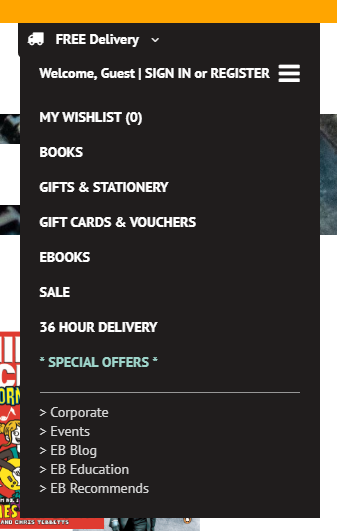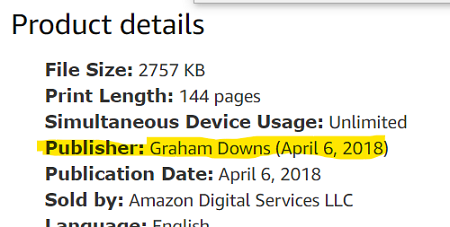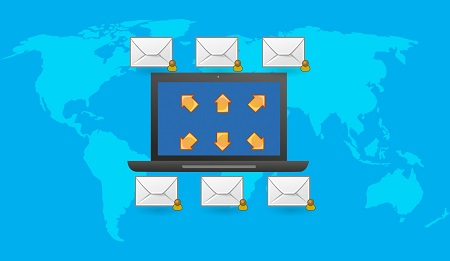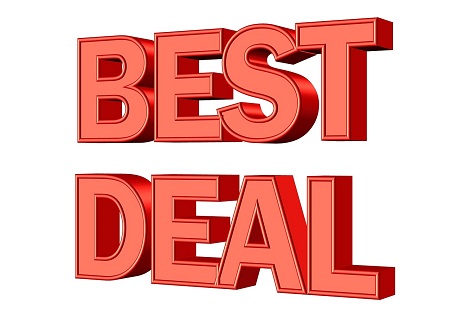I was having this conversation with a friend of mine the other day. Like me, she's more-or-less moved on to reading exclusively ebooks these days. But she still enjoys browsing Exclusive Books (which is our biggest chain bookstore in South Africa). She never buys books there, though, because she finds paper-based books to be way too expensive, and ebooks just way more convenient. So she feels guilty because she'll pick up a book at Exclusive Books, flip through it, then go home and buy the ebook version of that book, from a different retailer.
I know she's not the only person who does this, so I shared with her this dream I had, way back when I first started reading ebooks exclusively. It's a dream where anyone could walk into a brick-and-mortar bookstore, and buy an ebook. Without feeling in the least bit guilty.
Then I got to thinking. For Exclusive Books, in particular, this wouldn't be too difficult to achieve, would it?
Bear with me now. Exclusive Books already has an agreement with Kobo to provide ebooks. There's an option on the menu of their website, labelled "EBOOKS".
If you click it, you get redirected to the Kobo store, with Exclusive Books' affiliate code already filled in, meaning they get a commission when you buy ebooks after clicking that link.
So, my dear friends, how hard do you think it would be to do the following?
- Every book on Exclusive Books' shelves, that has an ebook available on Kobo, has a sticker on the back.
- That sticker contains a QR code, and an instruction to "Scan this code to buy the ebook".
- Scanning the code on your phone takes you directly to the relevent ebook on Kobo, with Exclusive Books' affiliate code built in.
- Since some people might struggle with this, make sure that every store has knowledgable staff on hand to help customers create an account at Kobo so they can buy and read ebooks.
Have I just hit on a goldmine here or what? I mean, win-win-win, right? Exclusive Books earns money when their customers buy ebooks, but they still get the foot-traffic. People no longer feel guilty about browsing paper books at Exclusive Books and then buying ebooks instead. Kobo earns money. Authors and publishers earn money. And South African ebook buyers discover alternative places to buy ebooks, that they potentially never knew existed.
What do you think? Is there a downside?



